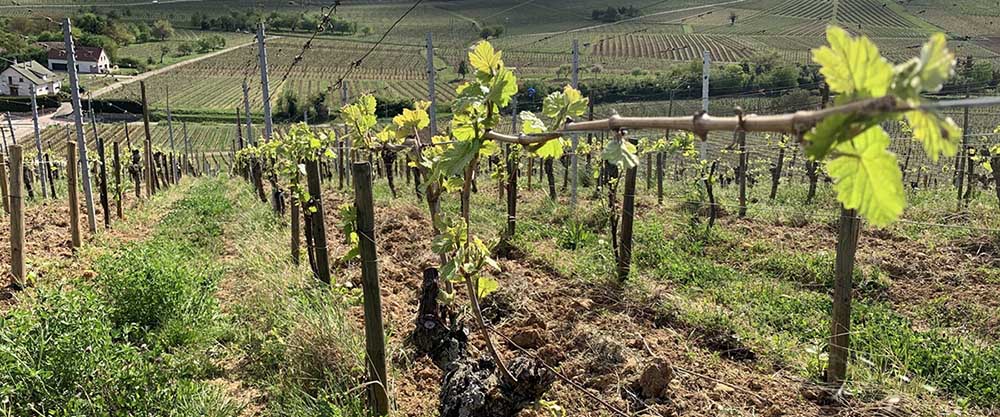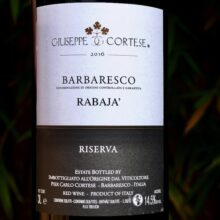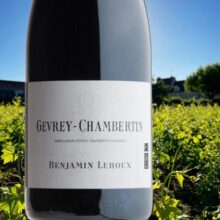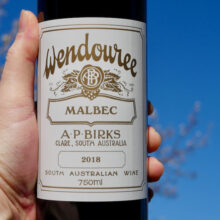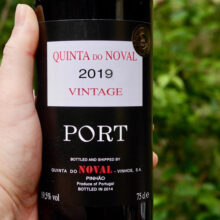Complantation is the practice of planting multiple grape varieties in a single terroir. It is the oldest form of viticulture known before the appearance of clones and the depletion of biodiversity. It ensures regular harvests by creating a complex and naturalist ecosystem.
Wines produced using complantation are commonly known as field blends. The grapes grown together in the same field or vineyard, then picked and fermented at the same time. These unique wines are different than the typical blends we know today, like those of Bordeaux, where grapes are grown and vinified separately.
Many complantation vineyards are well-established and have likely come into being through massal selection, the practice of replanting new vineyards with cuttings from exception old vines from the same or nearby vineyards. Today, this traditional method of vineyard propagation has been replaced with clonal selection, where a vineyard is propagated by vines from a vine clone nursery.
A new generation of winemakers, such as Alsatian Marcel Deiss, are making the shift towards complantation due to its long-term benefits of increasing genetic variation among vines, improving biodiversity in the surround ecosystem and producing more unique wines that better reflection of the locale terroir.
